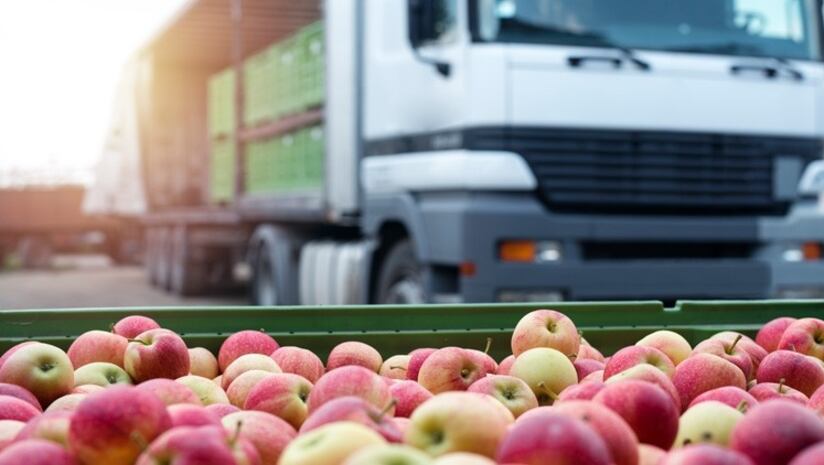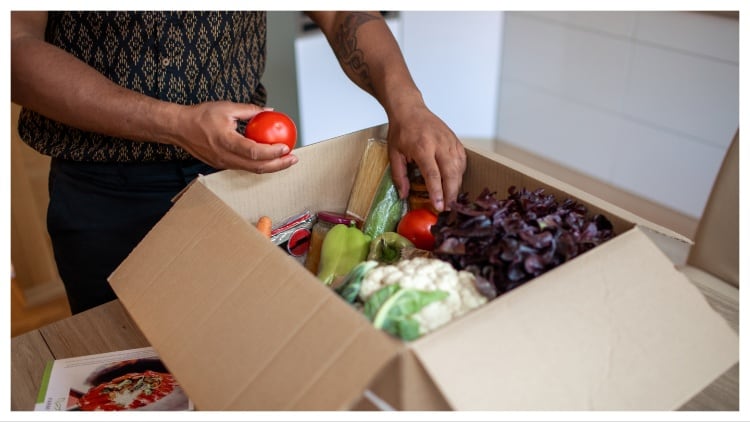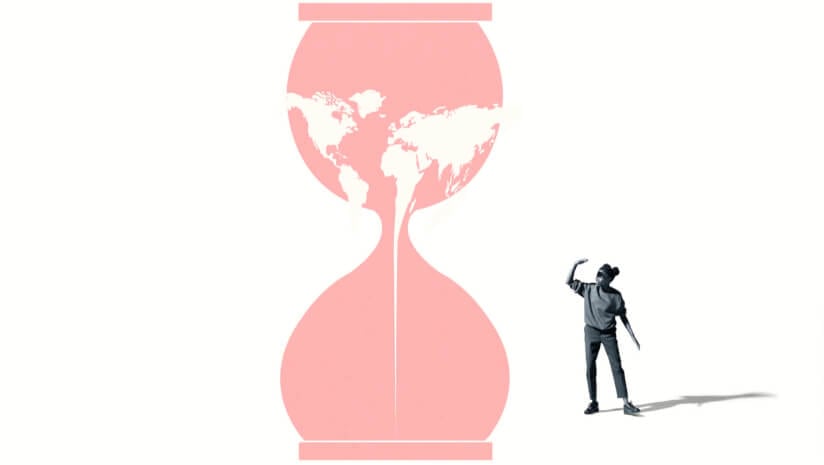While there are 13 recognised national critical infrastructures, the CCF argued that cold chain services related to food and health were inadequately classified under existing designations.
Further, the recent government Food Security Report made no mention of the cold chain sector and its resources in any part, yet 50% of the UK food supply is stored or transported by it.
The CCF warned that the government’s failure to recognise the cold chain’s critical importance endangered the nation’s access to life essential supplies. The government was urged to acknowledge that significant and essential cold chain infrastructure required its designation to secure adequate oversight and protection.
Disruption to the cold chain would lead to immediate impacts on food supplies that would threaten the fundamental needs of the UK population, lead to widespread health crises due to inadequate nutrition and could trigger civil unrest.
Escalation in food waste
In addition, the lack of a robust cold chain to swiftly transport perishable products from farms to consumers will lead to the escalation of food waste – something developing countries already face due to their inadequate cold chain infrastructure.
The CCF formally communicated its concerns to Ministers, outlining necessary actions to fortify the cold chain against future challenges.
It demanded the government take two essential steps: recognise the cold chain sector as critical national infrastructure ensuring government support in providing vital food and medicine supplies to the UK public; and to work with the CCF to conduct a review of cold chain resilience across the UK and to develop a Disaster Recovery Plan.
Phil Pluck, chief executive of the Cold Chain Federation, said: “The cold chain is the backbone of a healthy society, guaranteeing the safety and quality of food, medicine, and plants.
“However, it is confronted with escalating challenges and the government must urgently recognise its critical role. We maintain a sophisticated network that supplies 50% of the nation’s food and medicines, yet this network is alarmingly vulnerable to external threats.”
Fragility of food supplies
The CCF highlighted how recent disruptions – including the COVID-19 pandemic, Brexit and extreme weather through climate change – starkly exposed the fragility of food supplies. Further, it raised concerns over the decline of food productivity in the UK and globally.
“We cannot afford to be complacent and assume that food supply in the UK is secure,” Pluck added. “The cold chain sector operates tirelessly to deliver food and medicine to consumers and healthcare providers. We all face serious repercussions if energy or logistical disruptions occur at these vital facilities.
“The government has a crucial responsibility to support the public’s access to food and medicine in the future. With government support, we can bolster the economy, create more jobs, and facilitate the transition to net zero. But, most importantly we can ensure that vital food and medicine are delivered to the UK public.”
Meanwhile, the CCF has warned that the rise in National Insurance contributions announced during the Budget could lead to increases in the cost of supplying temperature-controlled food and drugs.





